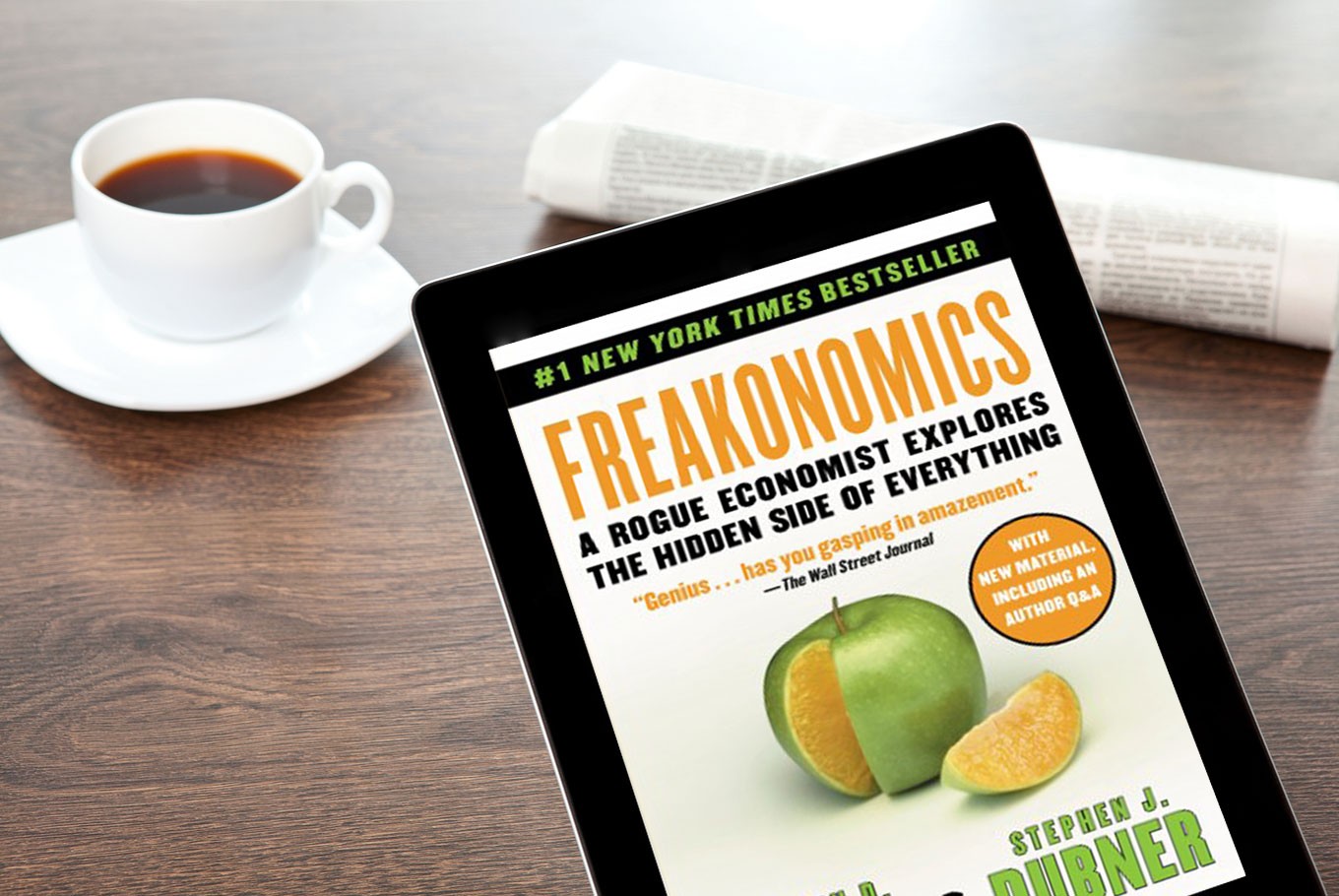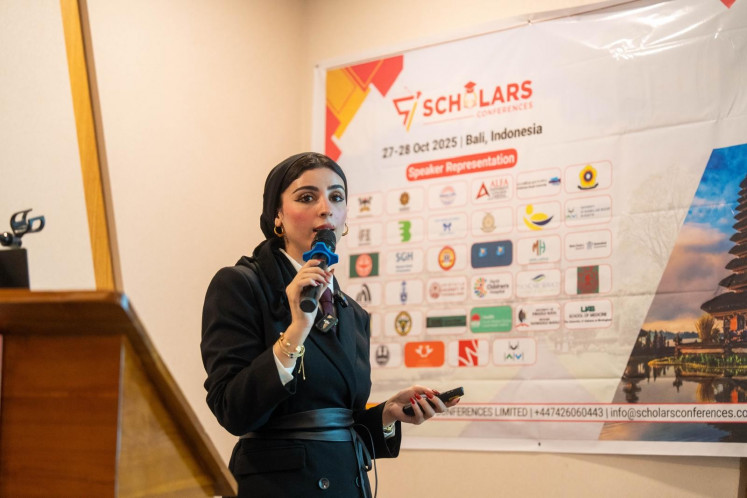Popular Reads
Top Results
Can't find what you're looking for?
View all search resultsPopular Reads
Top Results
Can't find what you're looking for?
View all search resultsBook Review: A cultural phenomenon of economic insight
Change text size
Gift Premium Articles
to Anyone
I
f ever a book conspired to challenge conventional wisdom, draw patterns between seemingly disparate data sets, and denigrate the very fabric of what we hold to be true, then that book is none other than Freakonomics.
Unless you’ve been living in the outer reaches of the Siberian taiga for the past 10 years, you’ll have undoubtedly encountered the Freakonomics franchise. This enfant terrible of academic insight dares to confront an array of social woes using an approach that many thought they understood, but in fact didn’t.
I’m talking, of course, about economics. Thanks to economist Steven D. Levitt and writer Stephen J. Dubner, Freakonomics dispels the myth that economics is some obscure offshoot of business management and/or finance. It transpired that economics was in fact a way of answering questions and deciphering riddles. And given the subject matter, informal style, and relaxed tone used by Levitt and Dubner, suddenly economics was, well, cool.
In Freakonomics we’re invited to discover whether guns or swimming pools are more dangerous; to ponder what school teachers and sumo wrestlers have in common; and question why drug dealers still live with their mothers. The answers to these quandaries, and more, are here. And they make for essential reading.
(Read also: Book Review: Witty collection for fans of 'Freakonomics')
From the outset, the writers continuously present their approach as a new way of looking at the world; underpinned by the assertion that if morality represents how we’d like the world to work, then economics represents how it actually works. Via a collection of compelling stories and well-informed insight, Levitt and Dubner illustrate how economics is essentially a way of studying incentives.
Though at times, the academic approach can come off as a little too smart for it’s own good, there’s no denying Freakonomics has become something of a cultural phenomenon; and a profitable one at that. Books sales currently stack up at around the 4 million mark; prompting three subsequent titles—SuperFreakonomics; Think Like A Freak and When To Rob A Bank—as well as a podcast series, a blog, a movie and a consultancy business.
So it turns out that economics is about good business sense after all. (kes)
Click here to read the book.
---------------
Category: Business
Authors: Steven D. Levitt and Stephen J. Dubner
Publisher: Deckle Edge
Published: 2006
ISBN: 9780061234002
Reviewer: Dave Barton












